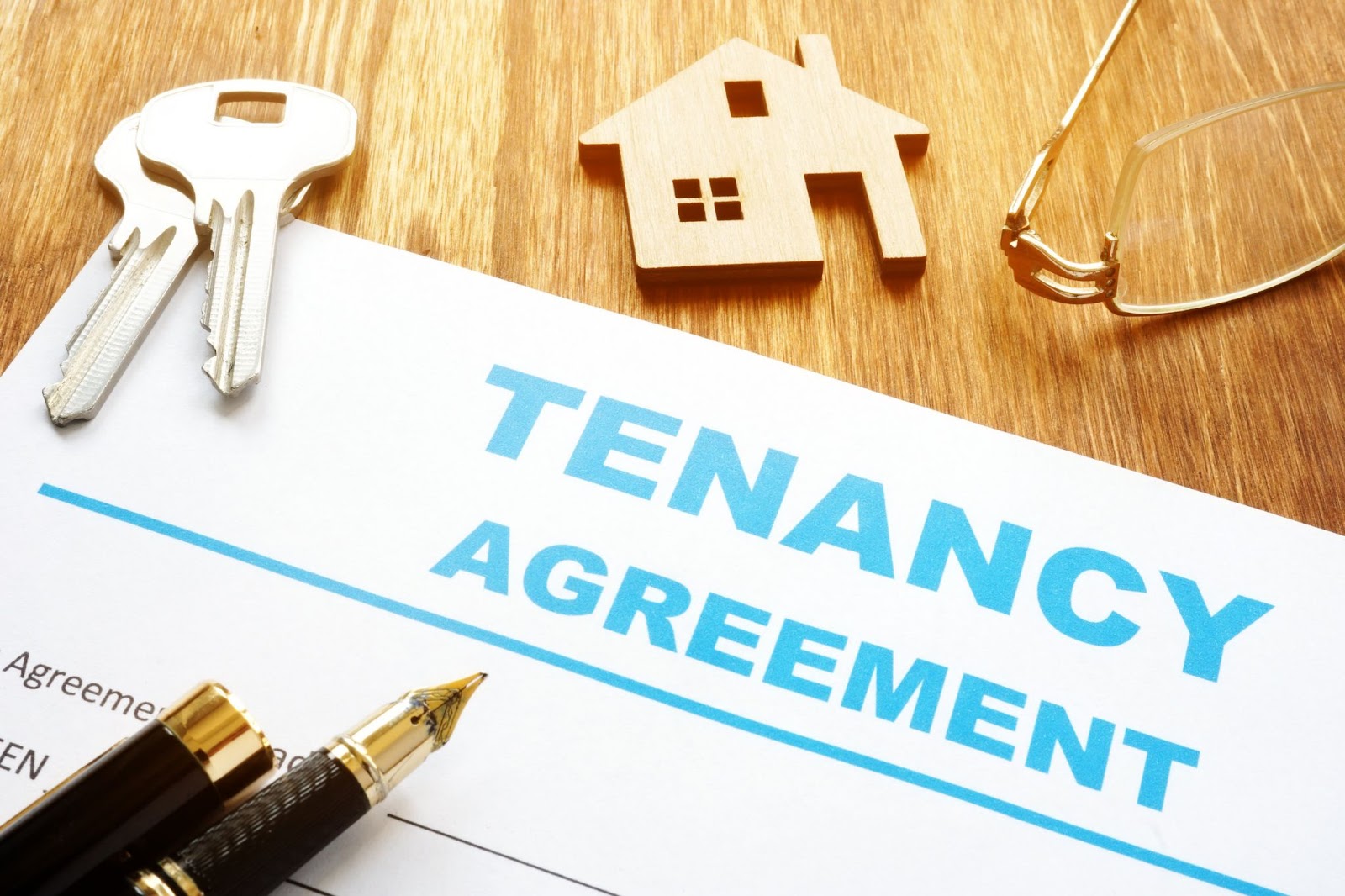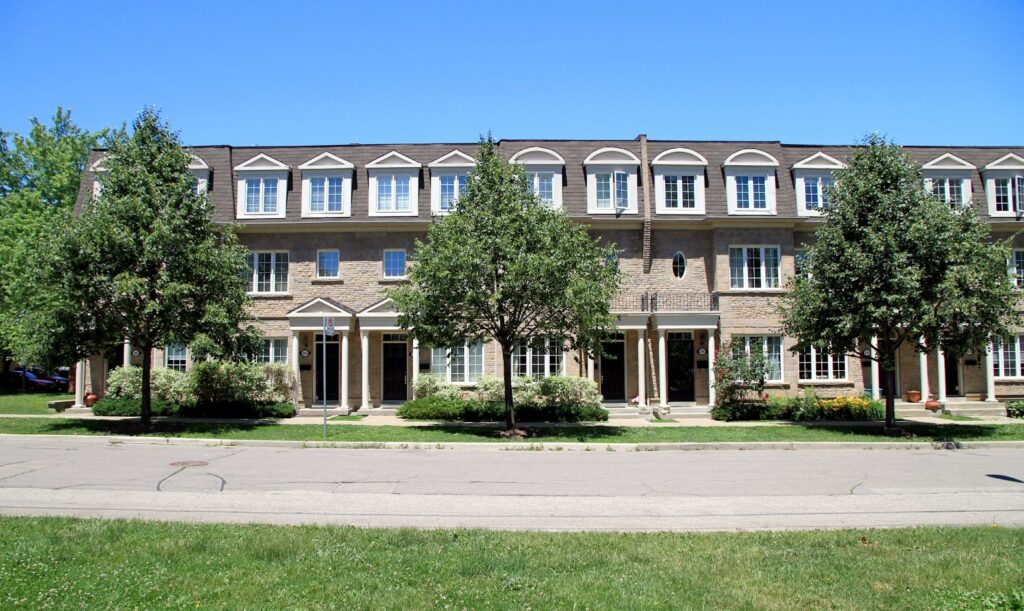Prices on everything are going up and for many property owners, that means property carrying costs as well. If you use your property to generate rental income, an increase in carrying costs can mean reduced income and potential losses if adjustments are not made. For most landlords, this means raising your tenant’s rent in order .
However, there are certain rules you must follow when it comes to rent increases. In order to protect tenants from landlords looking to take advantage of them, the province puts a limit on how rapidly rent can be increased, and when.
This is also important to know if you’re a tenant yourself so you know how much your landlord can increase rent, and so that you do not feel forced to agree to an illegal rent increase.
In this article, we are going to go over the processes, rules, and standards for rent increases in Ontario.
How much can a landlord raise the rent?
In order to prevent rent from growing out of control and to protect tenants, the province has instated a limit on rent increases that derives its value from the Ontario Consumer Price Index that tracks inflation. Simply put, rent can only go up when costs actually go up – not simply at the whim of the landlord.
This limit only applies to most residential rental accommodations covered by the residential tenancies act (RTA) and does not apply to commercial property .
The limit also only applies to units that are currently occupied, meaning for vacant units or new tenancies, the landlord is free to set rent wherever they please. This is why rent for vacant units is often much higher on average than rent for occupied units.
Rent control also does not apply to any rental units first built or occupied after November 15, 2018. There are also some rented units covered by the RTA that are exempt from rent increases entirely such as some social housing and market rent units.
Current rent increase guidelines
In 2021, the government issued a rent freeze in order to protect tenants during difficult economic conditions. However, starting in January 2022, the rent increase guideline has been set to 1.2%. This means that rent can be raised 1.2% over the previous year’s rent. Increases do not stack, so you can not raise rent above the current year’s guideline even if you did not increase rent in previous years.
The rate changes every year. The current rate is lower than the 2.2% rate of 2020, and far below the highest rent increase guideline on record of 6% in 1992.

It’s possible to raise rent above the 1.2% guideline, but it will require review and approval by the Landlord and Tenant Board to ensure the raise is necessary and valid. This allows landlords who have had extraordinary costs beyond inflation to raise rent to reflect their current operating costs.
When can a landlord issue rent increases?

As a landlord, you cannot simply raise the rent whenever you want, nor are rent increases automatic. Landlords may only raise rent 12 months after the tenancy began or the last rent increase took place. In addition, a tenant must be notified of an increase in rent more than 90 days in advance with the appropriate standardized form.
What options does a tenant have?
As a tenant, you will probably sign a lease agreement for at least the first year and you will agree on a rent amount. In this period, your rent cannot increase. If you sign a new lease for an additional year, your landlord can raise the rent then or at any point beyond the first year if you rent on a monthly basis.
If you are currently renting under a rental agreement that specifies the rent amount, you may be able to refuse a rent increase if it goes against your lease agreement. However, there may be additional clauses in the lease that allow for rent increases during the term, so be sure to read any agreement carefully and consult with a professional if need be.
If your rental unit was sold and you have a new landlord as a result, they do not have any additional rights to raise your rent beyond the usual yearly increases as they have taken over any agreement you have with your previous landlord.
In addition, all tenants have a simple way out of a rent increase and that is simply to terminate the tenancy. If you do not want to pay a rent increase, you are welcome to give your landlord notice and move out before the increase takes place.
Ultimately, renting is a transaction between two parties and it is negotiable. If you want to remain in your unit but are concerned about a rent increase, talk to your landlord and see if other arrangements can be made or a different price can be negotiated. Though they have no legal obligation to do so, they may be willing to work with you to reach a compromise.
Contacting the Landlord and Tenant Board
If you feel that you have been issued an illegal rent increase, you should contact the Landlord and Tenant Board immediately. In some cases, you may even be able to get a rebate for the amount you overpaid and your landlord may be subject to a hefty fine.
Corben joined CREW as a relative newcomer to the field of real estate and has since immersed himself and learned from the experts about everything there is to know on the topic. As a writer with CREW, Corben produces informative guides that answer the questions you need to know and reports on real estate and investment news developments across Canada. Corben lives in Guelph, Ontario with his partner and their two cats. Outside of work, he loves to cook, play music, and work on all kinds of creative projects. You can contact Corben at corben@crewmedia.ca or find him on Linkedin at https://www.linkedin.com/in/corbengrant/.









